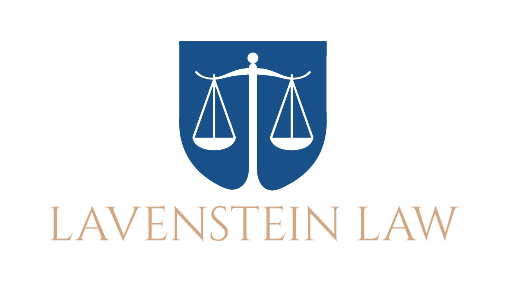By: Billy A Middleton
[ad_1]
While the need for public safety is of paramount importance with any legal process, it has occurred to me often over the last few months how impossible this is to achieve given the current methods used when deciding whether or not an accused person is released on bail or remanded until trial.
Obviously courts will always act in favour of public security however there is also a need to consider the human rights of the accused who until trial is considered innocent even by that same court. Article 5 of the European Convention on Human rights discusses this issue including in paragraph 5 the aspect of enforceable compensation in favour of the accused should any of the preceding 4 paragraphs are not complied with.
Given the content of paragraph 1 subsection c, the need of more certainty in this area is critical to the welfare of the public and accused alike.
1) c. the lawful arrest or detention of a person effected for the purpose of bringing him before the competent legal authority on reasonable suspicion of having
committed an offense or when it is reasonably considered necessary to prevent his committing an offence or fleeing after having done so;
On making a choice regarding whether or not to grant bail in any case, either a Sheriff or Judge will be expected to make it without having seen anything to substantiate the claims of either prosecution or defence representatives. Either party is free to make any claim they see fit without the need to produce anything to corroborate his/her reasons for doing so. Often evidence to the contrary is available even at that early stage in the proceedings however since the hearing is non-evidentiary, they are neither required to be or will be presented. How can the Judge or Sheriff be expected to make a ruling on reasonable suspicion without the available information before him or her? That being so, is it not the case that every single remanded person is detained on nothing more than speculation and hear say which can in no way be described as “reasonable suspicion”. On that basis every acquitted person is entitled to enforceable compensation upon his or her release.
The findings of a recent consultation (Report by the Sentencing Commission for Scotland which can be found on my site) revealed flaws in this field affecting both sides of the fence but remain unclear as to how to progress to a better system. It would seem to me that the answer is abundantly obvious in light of my previous observations. Judgements on a persons right to bail should be based on available evidence at the time the hearing takes place and should further information come to light later a reassessment must be made to ensure the human rights of everyone are observed.
There is a right of High Court appeal but this extends the situation little further as it also is non-evidentiary. An accused person can remain remanded on the basis that he/she is a risk to either himself or the public despite the availability of independent psychiatric evaluations which definitively state otherwise but will never be seen at that time, if no evidence is to the contrary it would be right to expect such a significant form of evidence to be presented.
Bail conditions allow the possibility of detention after the fact easily and often too without merit, but no realistic facilities exist in reverse which seems quite an obtuse perspective of fairness with regard to the innocently accused person. Should in rare instances when bail is subsequently granted after a period of detention, the subject will often find that he or she is arrested immediately they step onto the pavement outside of the prison they are released from, known as gate arrest. This occurs frequently with little or no evidence of the further alleged offences but will involve another period of remand while this is ascertained.
The expanse of this topic is vast and the possibilities of failings in either direction numerous so I think it would be fair to say that I have merely scratched the surface of this issue however the report I have referenced details the matter much more fully. Having said that, the flaws to me at least seem easily rectified with the introduction of evidence relating to the matter of bail at the time it is decided upon. In my mind no human rights convention can be seen to be observed until that is the case.
[ad_2]
Source













